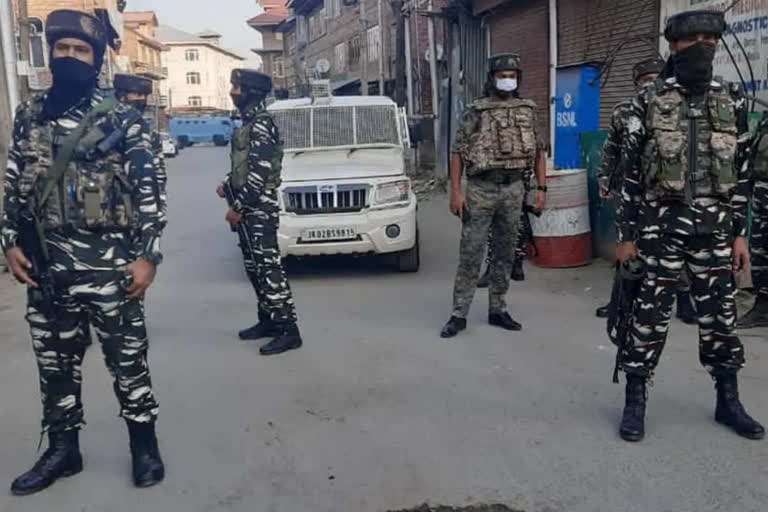New Delhi: With the process of delimitation and the subsequent Assembly elections likely to be among the main issues that would be taken up by Prime Minister Narendra Modi in his meeting with representatives of the political parties from the Union Territory of Jammu and Kashmir on Thursday, the move to make the J-K’s status similar to that of Delhi state in quite a few aspects is gaining ground.
What it means is that the legislative power of the J-K Legislative Assembly will not be at par with the other states of the Indian Union as ‘law and order’ and the control of the ‘police’ will be outside the purview of the Assembly and will be administered by the Ministry of Home Affairs at New Delhi. In other states ‘law and order; is a state subject. The position is clear in the “Jammu and Kashmir Reorganisation Act, 2019”, which was notified on August 9, 2019, four days after Parliament modified the special status to J-K under Article 370 of the Constitution while bifurcating the state into two UTs—the UT of J-K and the UT of Ladakh.
Read:|Most leaders invited for PM's Thursday meet on JK reach Delhi
Clause 32 of the Act says: “Subject to the provisions of this Act, the Legislative Assembly may make laws for the whole or any part of the Union territory of Jammu and Kashmir concerning any of the matters enumerated in the State List except the subjects mentioned at entries 1 and 2, namely “Public Order” and “Police” respectively or the Concurrent List in the Seventh Schedule to the Constitution of India in so far as any such matter is applicable in relation to.”
